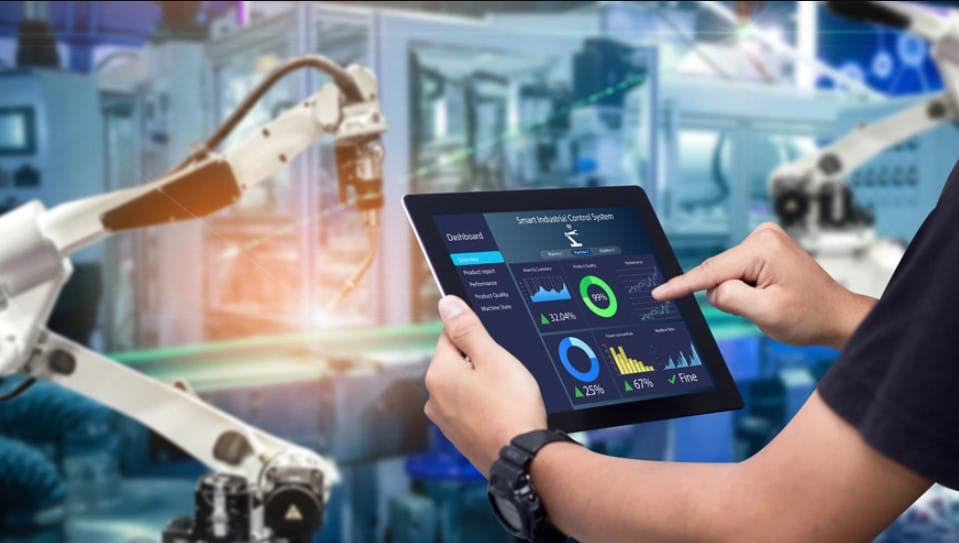Manufacturing, once reliant on manual processes, has undergone a profound transformation with the advent of cutting-edge technologies. Today, the backbone of this transformation is none other than manufacturing software, a dynamic and integral part of modern production processes.
Evolution of Manufacturing Software
In the early days of manufacturing, intricate processes were managed manually, leading to inefficiencies and delays. The evolution of manufacturing software marks a pivotal shift towards automated systems, streamlining operations and boosting overall productivity.
Key Features of Manufacturing Software
Manufacturing software comes equipped with a range of features designed to address the unique needs of the industry. From efficient inventory management to precise production planning, it plays a crucial role in enhancing the operational efficiency of manufacturing units.

Benefits for Manufacturers
The adoption of manufacturing software brings a multitude of benefits to manufacturers. Increased efficiency, significant cost savings, and improved decision-making are just a few of the advantages that contribute to the success of businesses leveraging this technology.
Popular Manufacturing Software Solutions
In the vast landscape of manufacturing software, several solutions stand out. Enterprise Resource Planning (ERP) systems, Manufacturing Execution Systems (MES), and Product Lifecycle Management (PLM) software are among the frontrunners, each catering to specific aspects of the production process.
Integration Challenges and Solutions
While the benefits are undeniable, integrating manufacturing software into existing systems can pose challenges. Identifying common integration issues and implementing effective strategies are essential for a smooth transition.
Trends in Manufacturing Software
The industry is continually evolving, with trends such as Industry 4.0, cloud-based solutions, and the Internet of Things (IoT) reshaping the manufacturing landscape. Staying abreast of these trends is crucial for businesses aiming to stay competitive.
Case Studies
Real-world examples of successful manufacturing software implementation underscore its positive impact on businesses. These case studies serve as inspiration for companies considering adopting these solutions.
Choosing the Right Manufacturing Software
Selecting the appropriate manufacturing software requires careful consideration of various factors. From scalability to customization options, businesses must weigh their unique needs against the features offered by different solutions.
Future Outlook
As technology continues to advance, the future of manufacturing software holds exciting possibilities. Emerging technologies and anticipated advancements promise even greater efficiency and innovation in the industry.
Challenges in Adoption
Despite the benefits, the adoption of manufacturing software is not without its challenges. Overcoming resistance to change and addressing training requirements are crucial steps in ensuring a successful transition.
Security Concerns
With the increasing reliance on digital systems, security concerns become paramount. Safeguarding sensitive data and implementing robust cybersecurity measures are non-negotiable aspects of utilizing manufacturing software.
Impact on SMEs
Contrary to misconceptions, manufacturing software is not exclusive to large enterprises. Its affordability and scalability make it accessible to small and medium-sized businesses, offering them a competitive edge in the market.
Conclusion
In conclusion, manufacturing software has emerged as a game-changer for the industry, revolutionizing traditional processes and paving the way for greater efficiency and innovation. Businesses are encouraged to explore and adopt these technologies to stay ahead in the dynamic landscape of modern manufacturing.